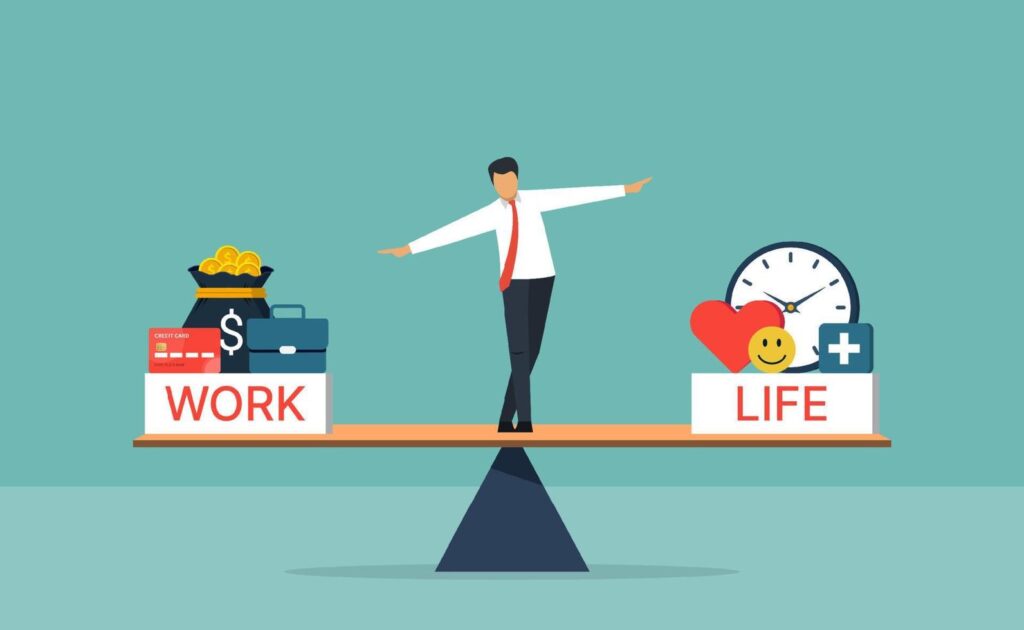In 2024, discussions on work life balance centered around people being overworked and influential figures asking for longer work weeks. In 2025, the headlines are different. While the previous issues of overworked employees remain unresolved, there is another problem. Nature itself is against us.
Climate change is changing work
With rising temperatures, productivity is going down, leading to more layoffs. How can we compete with AI when we are not even at our 100%, not that AI is competition but a tool that needs a lot of workshopping. Daily wage earners, whose jobs are yet to be threatened by AI, are having to battle extreme weather to get to work and be able to work. In Pune, fruit vendors can’t hold shop because of the monsoons which this year are at record high. While it’s a break from the heat, it is still an extreme weather event, made worse by the fact that previous monsoons were not enough to prepare for this downpour.

Bangalore too had staff asking for work from home because it was impossible to wade through the flooded city to reach one’s workplace, let alone be back at a decent time and have a social life. Traveling by public transport has also become worse due to these events, making going to and fro from work a challenge for several workers.
Work from home, though, isn’t a silver bullet solution either as heat related productivity issues remain, and many are facing power outrages that hinder their ability to work, despite generator backups- which again makes air pollution and climate change worse, more often than not. Then there is also the idea that for many, especially women, work from home means being on a double shift much further reduces their productivity , despite quite a few setting boundaries and prioritising what’s important at any given moment.
Climate change doesn’t effect everyone equally
Work from home or work from office remains a personal choice, for those whose jobs allow that. Whether it’s the nature of the job or company policy, not everyone has the privilege to schedule their work to their ability, which is a leading reason many opt for freelancing and flexible hour home based work. Yet, especially with freelancing the trade off remains having to take full charge of your finances and the uncertain income. For others, the routine of a workday and the socialisation of the office space might be a need, which given that third spaces are going extinct in many countries, is on the rise.

Extreme weather affects all this. From getting nutritious food to having places to hang out with outside of work to productivity at work. While one can, if very lucky or enterprising, get a job that affords them hours beyond work to invest in personal growth, socialisation, and family time, the question remains, how much of that will go in doing overtime to afford basic necessities in the rising cost of living and increasing layoffs, and how much of what remains will go in dealing with the realities of extreme weather, regardless of it being a longer more irritating commute or more repairs to your home, especially for the economically weaker sections of the society.
Also check:- Albinder Dhindsa’s Journey from Grofers to Quick Commerce Kingpin
Disclaimer- These are opinions from anecdotal incidents, not researched facts.

